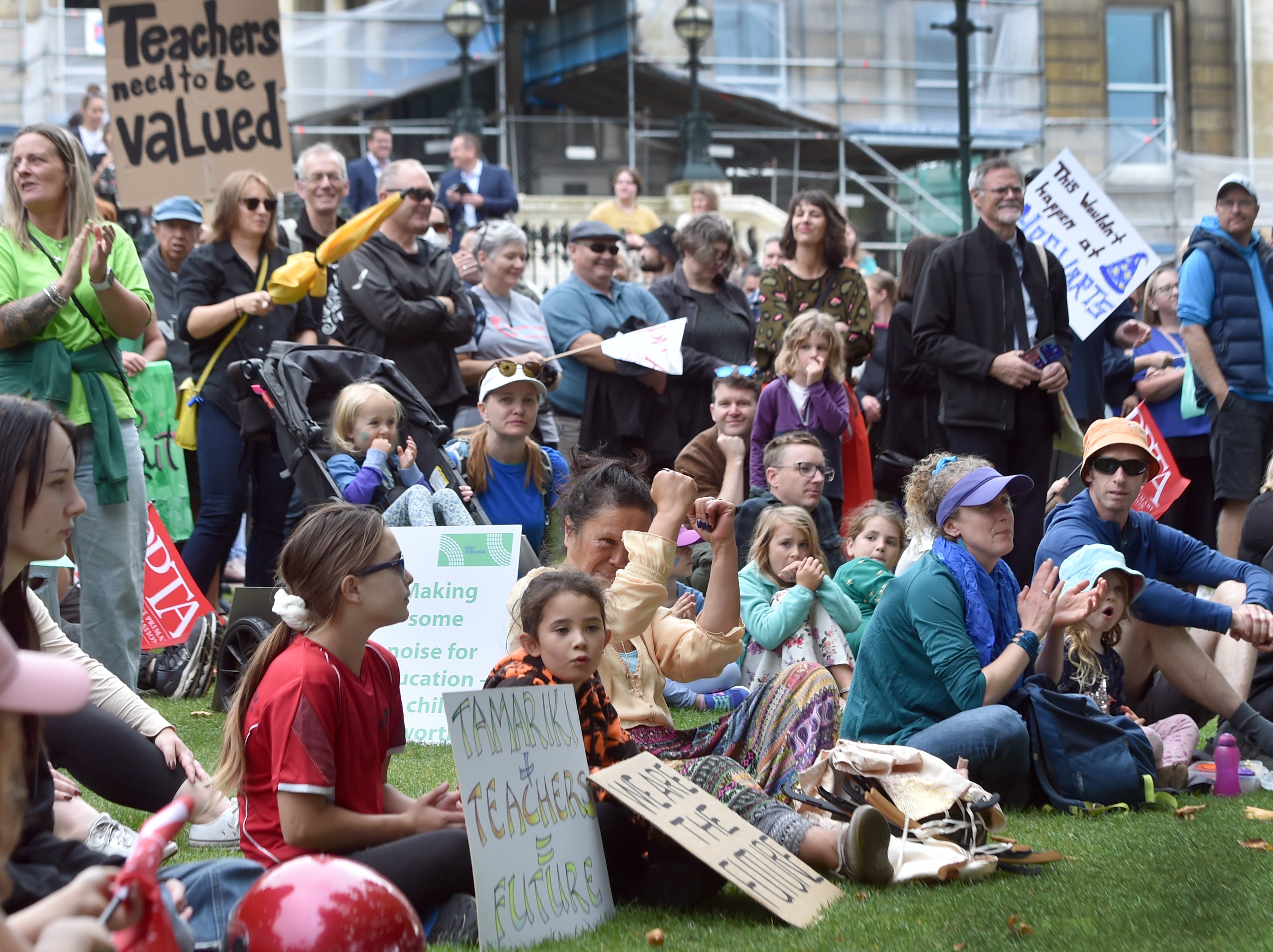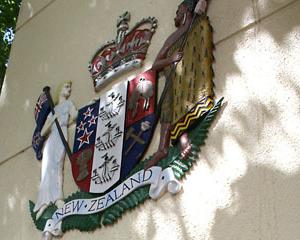
Members of the Post Primary Teachers’ Association (PPTA) and New Zealand Educational Institute Te Riu Roa (NZEI) rejected the Government’s second collective agreement offer made in December, prompting a 50,000-person strike nationally.
St Clair School primary teacher Abby Zonneveld said her passion for teaching had been crushed by work conditions only a year into her career.
"I don’t think I’ll be a teacher for more than 10 years if it’s affecting my mental health this much," she said.
Her lack of experience and class size meant her career growth was limited, she said.
"I have a class of nearly 30 children with diverse needs and no teacher support.
"I constantly go home worrying and it affects my wellbeing," she said.
Low pay was also a focus of the strike, with teachers earning just above the minimum wage at $51,358.
"I studied for three years. It’s a bit of a kick in the guts, to be honest," she said.

"I have friends that don’t want to work [as teachers] if they have kids."
They did not want the prospect of being busy at home with their teaching commitments to the detriment of their own children.
The Government’s second collective agreement offer included two salary increases, a $4000 increase from December 1 last year, a 3% or $2000 increase from December 2023 and paid overtime for after-hours duties.
Anderson Bay School deputy principal Anna Hailes said the offer did not reflect demands for reduced teacher-pupil ratios and extra support for staff.
Ms Zonneveld said improving work conditions was key to providing pupils with equal opportunities, especially those who needed extra support.
"It’s not just about the pay. The children are at the centre of this."
Education Minister Jan Tinetti told RNZ she was "optimistic" a settlement would be reached.
Across the South, teachers gathered for protests in Cromwell, Wanaka, Alexandra, Balclutha, Gore and Invercargill.








